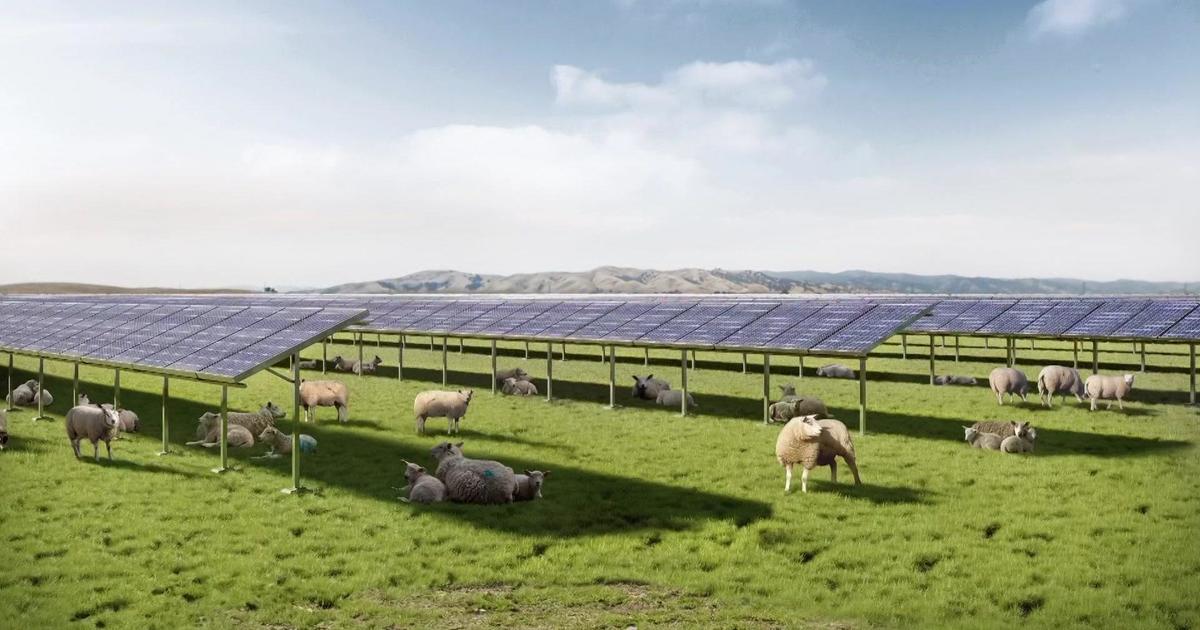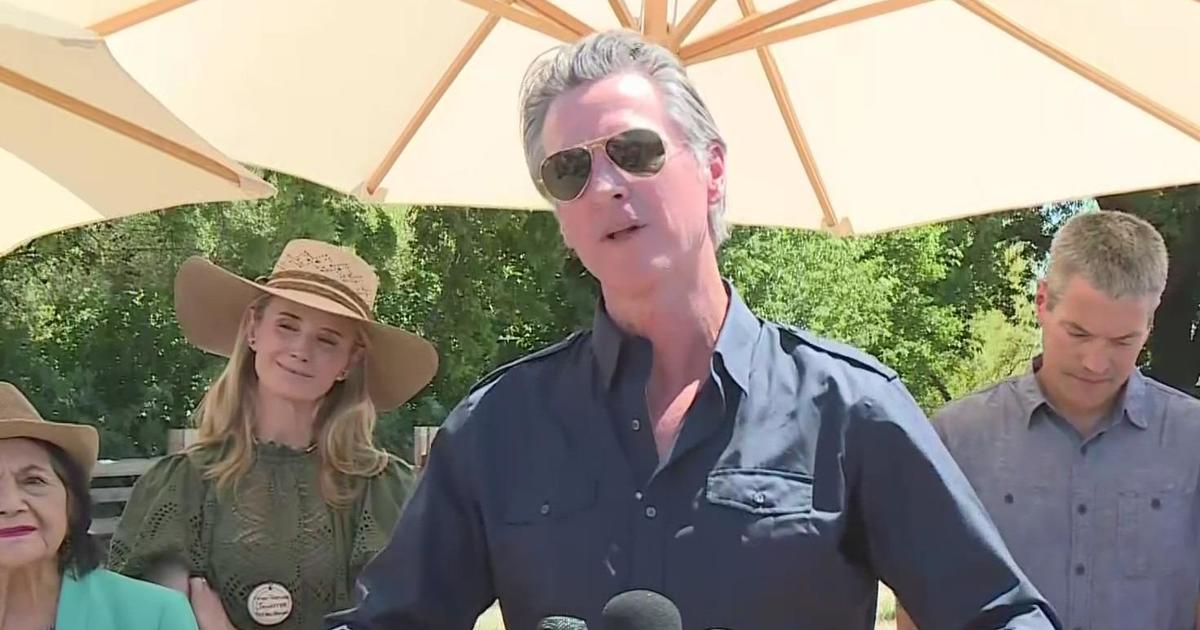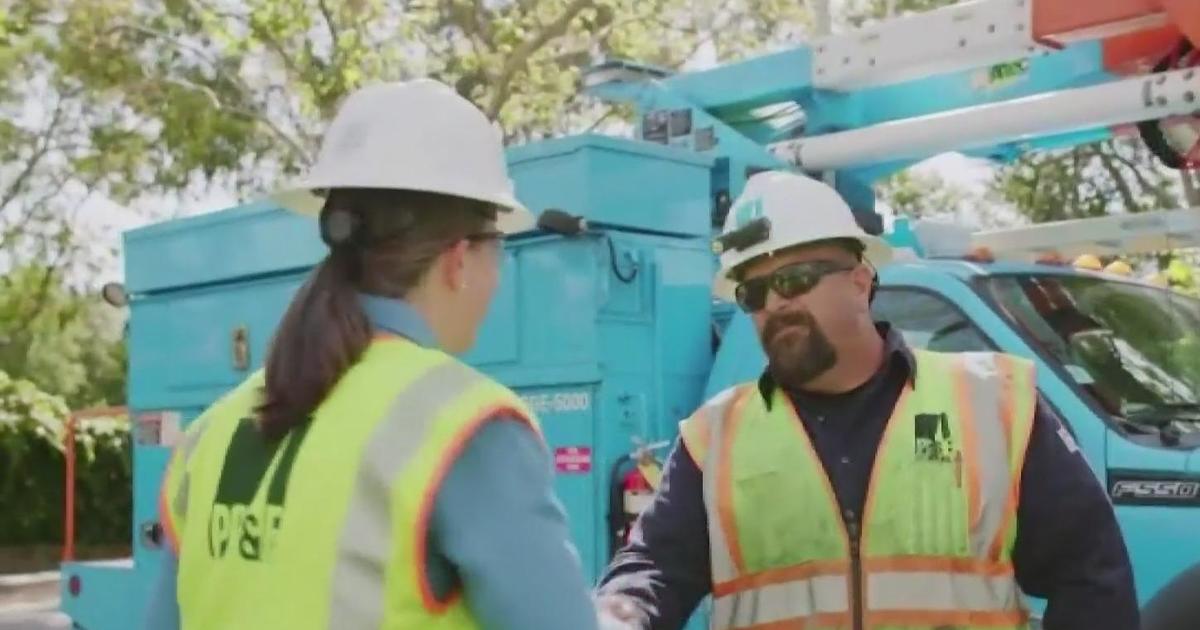Renewable energy usage has doubled in the last decade. Hawaii is leading the charge.
Renewable energy is on the rise.
According to the U.S. Energy Information Agency, renewable sources of energy like hydropower, wind and solar will account for 24% of the nation's energy supply in 2023, more than double what it was a decade ago.
The number is being driven by an increase in generating capacity from wind and solar and the retirement of coal and nuclear plants — and a dramatic drop in prices in recent years.
While big states like California, Texas and Washington lead the way on total renewable energy generation, one small state has been leading in a different way.
In 2015, Hawaii became the first state to pass a law saying all electricity would come from renewable sources by 2045.
Jeff Mikulina is an environmentalist in Hawaii who pushed for the clean energy standard. Initially, the idea was not well received.
"The governor at the time called me Harry Potter, which I thought was a bit of an honor. We kept on pushing," Mikulina said.
Why Harry Potter?
"He said it was magical thinking," Mikulina said.
Since then, Hawaii's electricity mix has undergone significant changes.
For example, in 2013, the state got less than 1% of its electricity from solar. By 2021 that number grew to 17.5%. While 5.1% of that comes from solar farms, 12.4% comes from things like rooftop solar, on private homes.
"It's been fantastic that the adoption of rooftop solar over the last 10 or 15 years in Hawaii," Mikulina said. "Now we have nearly 100,000 mini power plants on people's rooftops statewide," he added.
The progress toward 100% renewal energy in Hawaii is ahead of schedule and has led to other noticeable changes like the closure of the state's last remaining coal plant in 2022.
But the state is still heavily reliant on oil imported from places like Libya and until recently Russia, the cost of electricity has also gone up and many of the easier steps have already been taken.
Mikulina says it's worth the continued effort.
"The bottom line is we need to get off fossil fuel as fast as possible. And it's not a question of, can we achieve it? It's a moral question that we must," Mikulina said.



